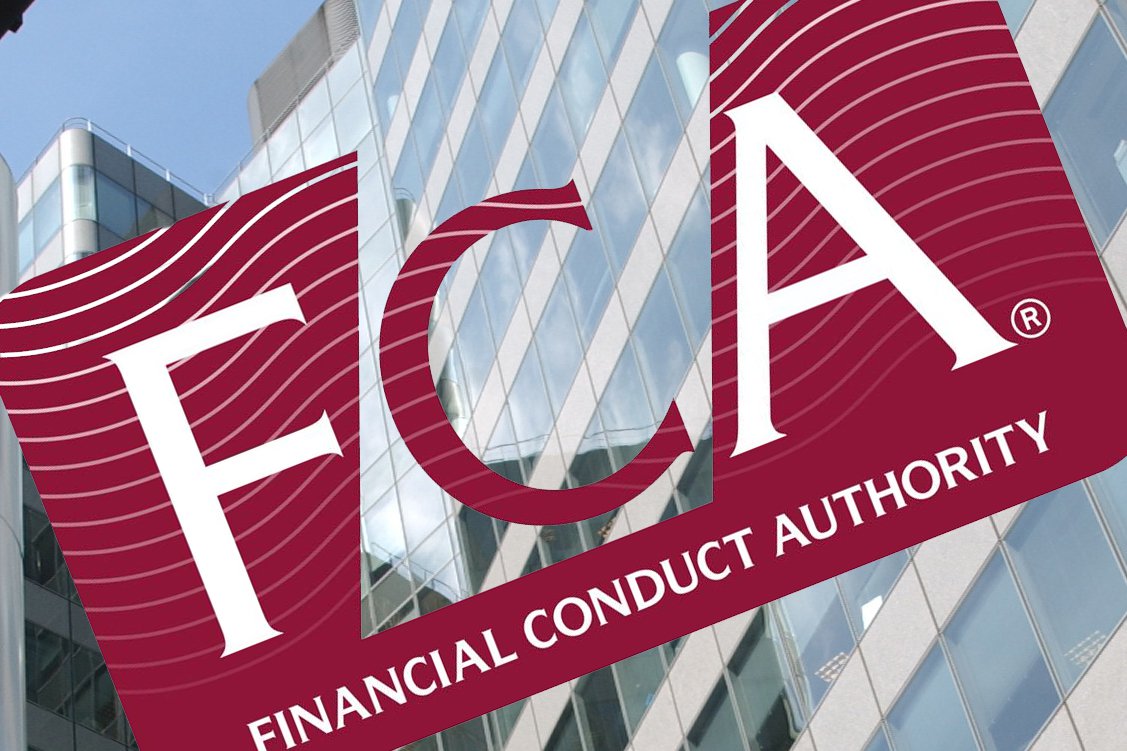From Maryland to Massachusetts, the Evenlode investment team recently visited the US’s east cost to assess the investment cases for a spectrum of companies within the Evenlode global universe.
Six of the Oxfordshire-based asset manager’s analysts and fund managers met with management and investor relations teams from 48 companies – traversing nine states in ten days.
The opportunity for face-to-face meetings, frozen during the pandemic, offered an insight into companies’ working environments, internal cultures, and offered the direct ‘white-of-the-eyes’ discussions on current challenges and longer-term strategy.
Marriott: not checking in yet – Chris Moore in Maryland
COVID caused unprecedented challenges for the hotel industry, with Marriott’s revenue decreasing 50% in 2020. Marriott survived without requiring additional equity capital and leverage is on course to be within or below its target range (3-3.5x net debt/EBITDA) by the end of this year.
Management are confident medium-term growth prospects are strong, pointing to the pipeline of hotel openings, which is at pre-pandemic levels due to an uptick in ‘conversions’ – independent hotels moving to a Marriott franchise.
Management also highlighted how attractive Marriott is for hotel owners, with a growing proportion of room nights, now three quarters, booked through direct channels, avoiding travel agency commissions and driving higher occupancy. We view the franchise business model as attractive, but would like to see further proof of a business travel recovery before checking in.
Mastercard: payment solutions offer potential – James Knoedler in New York
Mastercard is increasing its activity in business-to-business (B2B) payment flows. Historically, these have been dominated by payments between bank accounts, either via wire (direct instant transfer) or automated clearing house (ACH), a (typically) end of day batch netting transaction between banks.
These suffer from irreversibility, low information content, and either high cost (for wires) or slow settlement (for ACH) or both. Cross-border payments add a layer of complexity and cost, as they tend to hop between intermediary banks via the SWIFT messaging system.
Mastercard now has the capability to initiate and receive payments using both card and bank account credentials, and importantly can create a layer of chargebacks, fraud protection, and rich information context around them.
These are as valuable to corporate treasurers as they are to consumers. As the C2B market becomes increasingly mature and digital, we are excited about the potential for the payments schemes to provide increasingly sophisticated payments solutions in the B2B market.
Mastercard is a significant position in the Evenlode Global Equity fund. The meeting gave us further confidence in Mastercard’s ability to integrate new technologies and provide high value-add services to clients. This should allow an extended runway for growth and add significant value over the long term.
Supply squeeze hits Analog Devices – Rob Strachan in Massachusetts
Analog Devices is one of the two largest makers of analogue semiconductor chips and components, processing continuous variables like temperature, power and radio, or Wi-Fi. Analog Devices focusses on high-value, complex solutions, meaning it is critical the company keeps innovating ahead of competitors to maintain its competitive advantages. Once Analog is designed into customer systems, it is costly to replace the analogue semiconductors and could have unforeseen effects on the reliability and performance of the end product.
Innovation is made more challenging due to working with the physical world (e.g. heat or light), which increases the development failure rate. This is coupled with a shortage of engineers with adequate domain expertise in analogue analysis.
Long-term demand for Analog’s products is driven by global trends such as digitisation and automation. When we discussed the current global semiconductor shortages, it was noted that insufficient wafer supply is in part driven by lack of manufacturing equipment, creating a challenging dynamic.
Analog has announced a significant uptick in capex to internalise more of its own manufacturing. Before considering the company for inclusion in our investable universes, we will need to understand the steady state capital structure of the business.
Gartner learns from history – Chris Elliott in Connecticut
Gartner provides clients with specialised research and expertise that is integral to strategic business planning and c-suite decision making.
The culture at Gartner prioritises expertise and information quality ahead of client acquisition. This provides a limiting factor for growth, as the restricted availability of suitable experts in turn constrains the number of new clients that can be onboarded.
This effect was highlighted in the early stages of the pandemic (2019), when Gartner froze the hiring of new analysts in response to macro-uncertainty. This suppressed growth in FY20, despite client demand remaining resilient. Management explained if they were put in a similar position, the decision would change to continue investing in their analytical capabilities through uncertainty.
This is an excellent example of adjusting corporate strategy after learning from past actions. The lack of available experts also provides a significant barrier to entry and explains Gartner’s high client retention rate (over 80%). Combined with low market penetration, these factors provide an extended runway for growth and will allow Gartner to maintain high returns on invested capital over an extended period.
These attributes make Gartner an excellent candidate for inclusion in the Evenlode investable universes. Our next step will be to undertake a series of expert calls to verify the depth of integration into customer operations and to further understand how client demand will vary under a range of macroeconomic conditions.
Tradeweb leverages first mover advantage – Cristina Dumitru in New York
Tradeweb operates an electronic over the counter marketplace through which users submit buy and sell orders for fixed income securities.
Fixed income securities represent the largest capital market segment in the financial ecosystem and the primary means by which institutions and governments raise capital. Tradeweb’s multiple trading protocols leverage a global two-sided network between the buy-side (e.g. asset managers, central banks, financial advisors) and liquidity providers (e.g. investment banks) and offer key benefits for thinly traded securities.
Tradeweb has leveraged its first mover advantage in rates trading to establish a deep US Treasuries liquidity pool. This facilitates certain differentiated trading protocols to those offered by competitors that provide costs and time savings for Tradeweb users.
Tradeweb’s protocol innovation has resulted in market share gains and led to significant growth in both trading volumes and revenue. The fixed income market is estimated to be less than 30% electrified, illustrating the long growth runway potential for the company. This outlook is further supported by regulators encouraging the use of centralised platforms to increase market transparency and reduce systemic risk.
We currently include Tradeweb’s competitor, MarketAxess, in the investable universe for Evenlode Global Equity. Tradeweb is also an excellent candidate for inclusion, however, we will undertake further research to understand how the competitive dynamic is likely to develop. As network effects are likely to favour an increasingly concentrated market, we must ensure we understand which company is better placed to over participate in growth.
Snap-on: EVs can accelerate growth – Gurinder Samra in Wisconsin
Snap-on designs, manufactures and markets tools, equipment, diagnostics and repair systems for vehicle dealerships and repair centres. 70% of sales are via franchisees, directly serving vehicle repair technicians via mobile vans.
The value proposition offered by Snap-on is in ‘customer connection’ more than product development. Snap-on offers uniformly high-quality tools, but where it lives and dies is by the franchisee proximity to the end-client.
On prospers where the cost of system failure is high, technician expertise is respected, and the decision-makers are the same people who use the tools. The company recognises the importance of a broad catalogue, with reliable access to a wide range of quality tools instrumental in building trust with the client.
Greater complexity of vehicles, longer car lives (the current average car age stands at 12.2 years), and the need for new tools and products to service more complex EV’s provide an extended runway for growth and a sustainable outlook for returns on invested capital.
Snap-on pays a healthy dividend, with a yield of almost 3%. This makes the company a potential candidate for our Global Income fund. Our next step will be to model up the company, using our proprietary cash-flow model, and do further research into the likely volatility of sales under macroeconomic uncertainty. We want to ensure the attractive stream of cash flows is resilient to a cyclical downturn.





